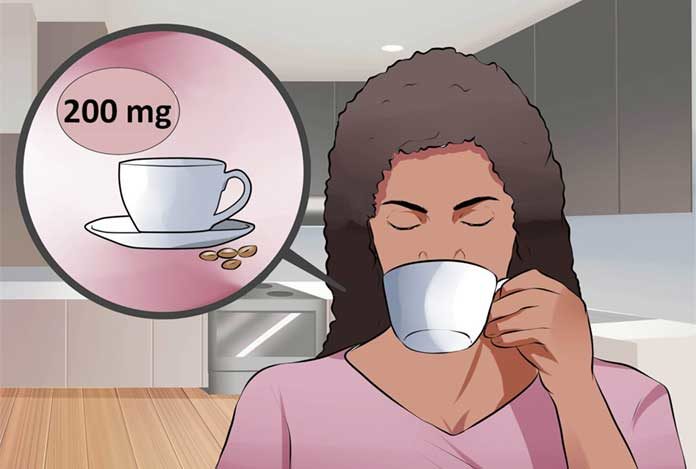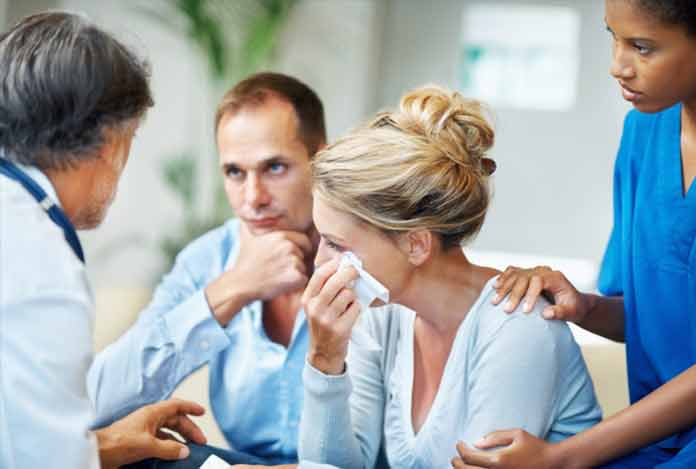
A California-based study says that drinking more than two cups of coffee a day increases the risk of miscarriages in women by two times. Researchers from Kaiser Permanente Research Division in Oakland compared the rates of miscarriages in more than 1000 women, comprising the ones, who consumed caffeine while they were pregnant and those, who removed it from their diet.
The study showed that women, who consumed more than 200 mg of caffeine had two times more the risk of miscarriage as against those, who did not consume caffeine at all. Women, who consumed caffeine in amounts less than 200 mg had 40% more risk of miscarriage than those, who did not consume caffeine at all. This study was issued in American Journal of Obstetrics and Gynecology.
Dr. Andrew Weil comments that this is not a first study of its kind; correlating caffeine and miscarriages. But, this cannot be considered as the final one on this topic. Some studies claim there is no association between caffeine and miscarriages, while many others indicate that miscarriages are related to only higher doses of caffeine – 300 mg or more.
Dr. Weil adds that women, who consume caffeine while being pregnant, have greater likelihood of smoking and drinking alcohol. The exact mechanism how caffeine causes miscarriages is not yet understood. However it acts as a stimulant, which may cause anxiety, increased blood pressure, insomnia, increase in the heart rate and production of urine. These changes may be detrimental for the mother as well as the child.

Dr. Andrew Weil advises to keep the consumption of caffeine as low as possible. Note that tea, some non-prescription drugs, and chocolates contain caffeine. Some doctors even recommend completely eliminating caffeine at the time of pregnancy. This is a wise recommendation because as such there has been no study done to define the safe level for caffeine consumption during pregnancy.
Moreover, women, who are worried and are consuming caffeine, should note that chromosomal abnormalities cause most miscarriages. This is because, out of the 172 miscarriages that happened during the course of the study, 130 were those, who did not consume any caffeine or consumed less than 200 mg of caffeine.










